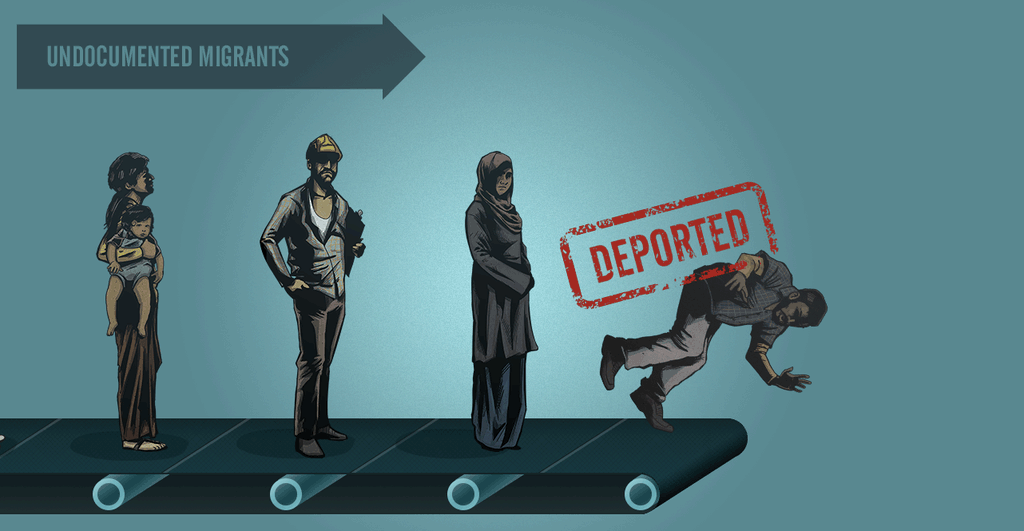CARAM Asia is a regional network working on migration and health issues. Formed in 1997, it has developed into a network of members spread across South East Asia, North East Asia, the Gulf and Middle East. It is an NGO in Special Consultative Status with the Economic and Social Council of the United Nations.
Four key thrusts and pillars which provide momentum to CARAM Asia programmes are Participatory Action Research (PAR), national and regional advocacy, coalition building and capacity building for CBOs and NGOs working with migrant communities. These approaches provide an impetus for the development of research, publications, campaigns and policy prescriptions for CARAM Asia programmes..
Our Vision:
All people have the right to stay or move and live and work in dignity with equal rights in a society, where their quality of life is ensured.
Our Mission:
All people have the right to stay or move and live and work in dignity with equal rights in a society, where their quality of life is ensured.
- Empower: To empower migrants, their families and communities throughout the migration process and build capacities of community based organisations (CBOs) and non-governmental organisations (NGOs) working for the promotion and protection of migrants’ health rights including sexual and reproductive health rights.
- Evidence Based: To utilise Participatory Action Research (PAR) to ensure inclusion of migrant voices and perspectives on HIV vulnerabilities, migrant health status and potential policy prescriptions for effective national and regional advocacy.
- Rights Based To use the rights based approach in promoting and protecting migrant health through interventions to reduce all vulnerabilities and improve social determinants of health throughout the migration process.
Working Areas:
- Migrant Workers Rights
- Migration, Health and HIV
- Development and Globalization

Principles & Frameworks
CARAM Asia endeavours to institutionalise and incorporate a rights based framework from which to address migrants’ health concerns. Two other frameworks used in developing and implementing programmes are the Greater Involvement of People Living with HIV (GIPA) principles as well as gender and sexuality frameworks.
Approaches
Four key thrusts and pillars which provide momentum to CARAM Asia programmes are Participatory Action Research (PAR), national and regional advocacy, coalition building and capacity building for CBOs and NGOs working with migrant communities. These approaches provide an impetus for the development of research, publications, campaigns and policy prescriptions for CARAM Asia programmes
PAR has assisted migrants in developing information tools which empowers them to understand, provide solutions and better manage their own situations. The real strength in PAR is that it is conducted by local communities for local communities. Outputs from PAR are used for key regional advocacy and capacity building activities aimed at creating a regional response to improving the health and well-being of Asian migrant workers.